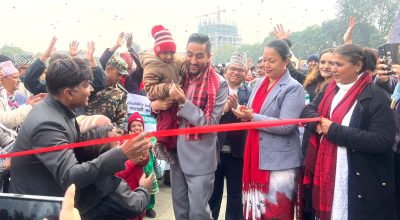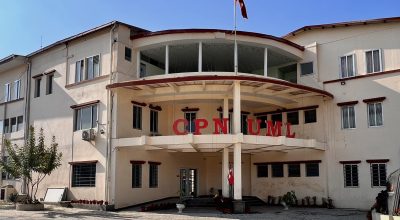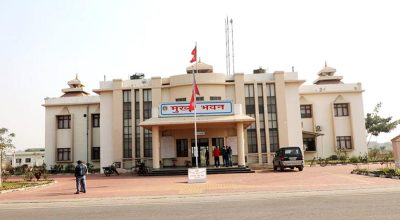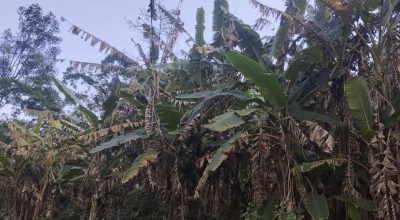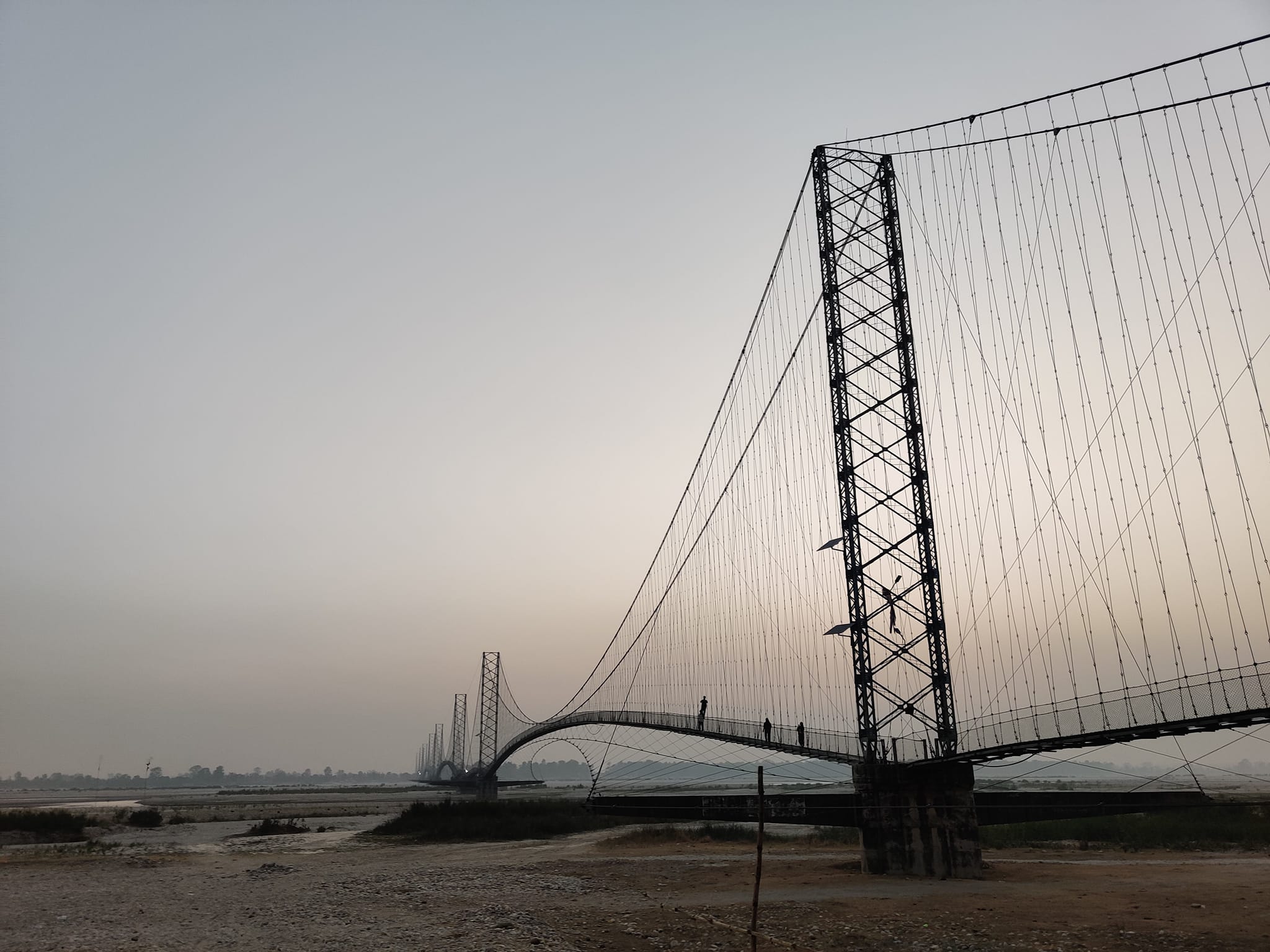
Pranjal Devkota
Water-related challenges, such as drinking water scarcity and the wise use of available resources, are significant issues in the Darchula district. Illegal sand mining has only exacerbated these problems, which has severely impacted the river basin. In response, Citizen Scientists in the Mahakali River basin are addressing these critical water-related concerns through an initiative.
As an environmental science student, I found it both enlightening and alarming to see how ignorant the locals were about pollution and water quality issues in the district. For me this incident brought to light the disconnect between theoretical understanding and practical application of environmental education among the community people because I hadn’t considered the underlying causes of the problem. The invisible threat of water pollution also continued unchecked due to a lack of coordinated educational initiatives and community engagement programs.
At the local women’s empowerment center, an intensive discussion was carried out on how the community members habitually exploited water resources without considering the repercussions of their actions. They also observed they were largely oblivious to the extent of water pollution in the Mahakali River and their contributions to the pollution. This disconnect in my opinion between awareness and action underscored the significance of outreach and awareness-raising.
A local NGO was at the forefront of this movement. After being provided with water testing kits that covered the ten main parameters required by the National Water Quality Standard a diverse group of women from basin communities were mobilized. They gathered data, advocated for local government action, and developed plans to improve water quality through the Women Empowerment Center.
Equipped with their newfound skills after comprehensive training and a shared commitment, the women systematically collected water samples from key locations in the Mahakali River basin. The training equipped them with the skills to proficiently use scientific instruments for water quality testing, significantly enhancing their skill and confidence. As I followed their development over the course of the months I noticed a noticeable change in their perspective on the environment and sustainability. They effectively tested the water quality in their communities for four months which encouraged a more widespread change in attitude toward the environment. They effectively lobbied for their local ward office to hold a community awareness program based on their results by routinely testing the water in their communities.
This initiative demonstrates the effectiveness of community-based activism and the value of local participation in tackling environmental issues. In addition to raising awareness of water quality in the Mahakali River basins, Citizen Scientists have shown how effective grassroots activism and scientific training can be in promoting environmental awareness.
As an aspiring environmentalist, I find that these rural Citizen Scientists’ work serves as a reminder of how informed local action can bring about significant change in the community. The Mahakali River basin story presents an example of how communities can triumph over environmental issues through a collective and shared effort and help create a sustainable planet regardless of their resources or location.
Pranjal Devkota, pursuing Master’s Degree at Central Department of Environmental Science, Tribhuvan University, Kathmandu.












